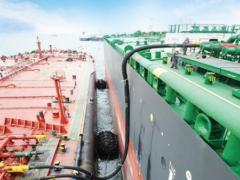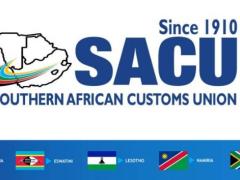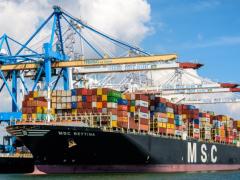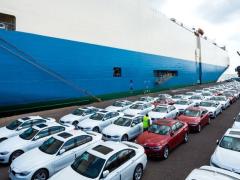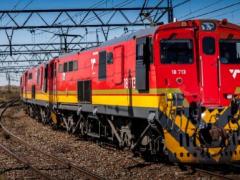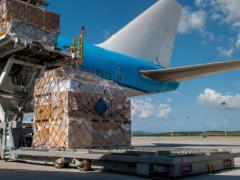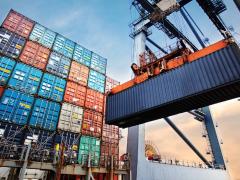LBH has introduced advanced route planning and mapping tools designed to improve the safety and efficiency of abnormal cargo movements across South Africa and into neighbouring countries. The new tools enable more precise route assessments and planning for oversized and heavy cargo – a critical requirement for navigating complex road networks and regulatory environments. “Handling abnormal cargo isn’t just about big trucks and long trailers – it’s about having the right tools and a detailed plan,” said Reiner Barford, operations and logistics adviser for LBH. “These tools allow us to deliver safer and more efficient transport, even across the most challenging routes.” Alongside the technology rollout, LBH has strengthened its express and abnormal transport services from South African ports to inland and cross-border destinations. The company now offers a fully integrated service – from port-side offloading to final site delivery – coordinated by logistics teams with deep expertise in local conditions and compliance. These investments come as the company reports a rise in project cargo volumes, largely fuelled by the growing demand for energy infrastructure. “We are seeing a clear uptick in cargo volumes and complexity – from nuclear energy refurbishments to wind and solar farms,” said Barford. “These projects come with tight schedules and demanding requirements – and they need logistics partners who can think ahead, manage risk, and coordinate across multiple stakeholders.” He said South Africa’s role as a key transit hub for landlocked neighbours, particularly Zambia, Zimbabwe and the Democratic Republic of the Congo, continued to grow, placing even more importance on reliable and responsive logistics services. According to Barford, the company sees significant opportunity in the continued development of port infrastructure. “Investment in port upgrades – particularly at Durban, Cape Town and Ngqura – is essential to increase handling capacity, reduce congestion and better facilitate bulk and project shipments. There is also significant opportunity in leveraging South Africa’s strategic position as a gateway for regional development projects.” Despite the growth opportunities, the sector is not without challenges. “We continue to grapple with a shortage of abnormal transport equipment, especially for out-of-gauge loads,” said Barford. “In South Africa, ongoing delays in the issuing of abnormal permits by the Department of Transport are a concern, while in Mozambique we are seeing delays with temporary import permits. Limited breakbulk sea freight options can also push timelines and costs up unnecessarily.” LV
Expert team offers fully integrated service
Comments | 0



